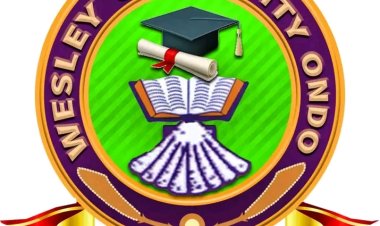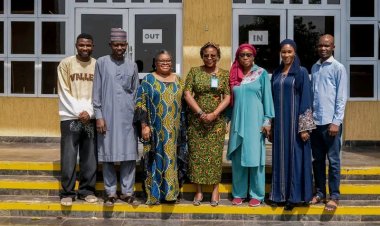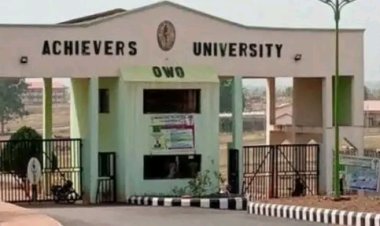1.2 Million Students Set to Benefit from New Student Loan Program
The disbursement process will occur in two stages, with school fees remitted directly to the institution on behalf of the student, while stipends will be deposited into the student's account.

The Nigerian Education Loan Fund (NELFUND) has disclosed that 1.2 million Nigerian students enrolled in tertiary institutions and government-recognized skill acquisition centers will be the inaugural beneficiaries of student loans.

Akintunde Sawyerr, the Managing Director of NELFUND, outlined the essential prerequisites for accessing these loans, emphasizing the necessity of the Unified Tertiary Matriculation Examination registration number, National Identification Number, and Bank Verification Number.
Sawyerr elaborated that the funding for the loan scheme will be derived from one percent of the revenue generated annually by the Federal Inland Revenue Service. The disbursement process will occur in two stages, with school fees remitted directly to the institution on behalf of the student, while stipends will be deposited into the student's account.
Moreover, President Bola Tinubu has endorsed a comprehensive set of policies aimed at revitalizing the education sector. These policies, encapsulated as DOTS (Data Repository, Out-of-School Children Education, Teacher Training & Development, and Skill Development & Acquisition), signify a strategic approach to address various challenges within the education system.
Under the approved policies:
1. Data Repository:A nationwide census will be conducted to compile crucial data on schools, teachers, pupils, and students. This initiative seeks to establish a robust foundation for planning and intervention strategies.
RECOMMENDED FOR YOU:PICTORIAL:137 Freed Schoolchildren Arrive at Kaduna Government House
2. Out-of-School Children’s Education and Training: Ongoing efforts to address out-of-school children will be reinforced, with a focus on enhancing education and training opportunities for this demographic.
3. Teacher Development and Support: Teachers will receive support and training in digital skills to integrate technology into classrooms, fostering a more dynamic learning environment.
4. Skill Development and Acquisition: A National Skills Framework has been ratified to equip students with the necessary skills for the evolving demands of the global economy. This framework aims to bridge skill gaps and enhance the quality of education.
These initiatives are poised to reshape the education landscape in Nigeria, aligning with President Tinubu's Renewed Hope Agenda and signaling a concerted effort to elevate the nation's educational standards.





